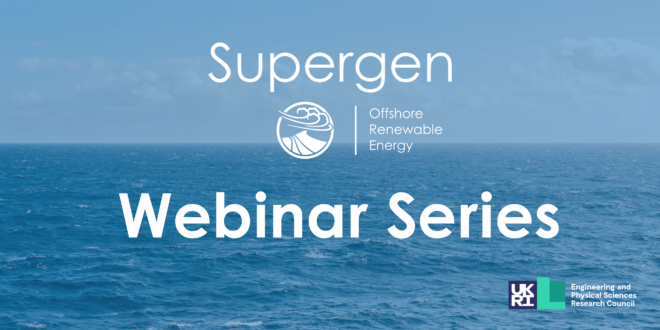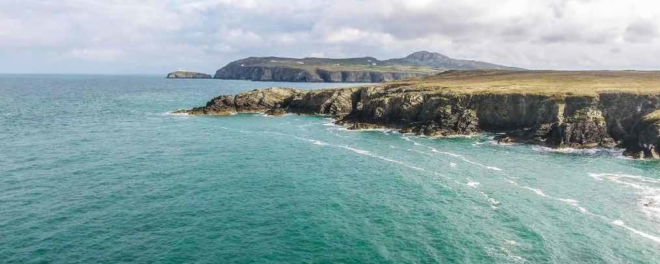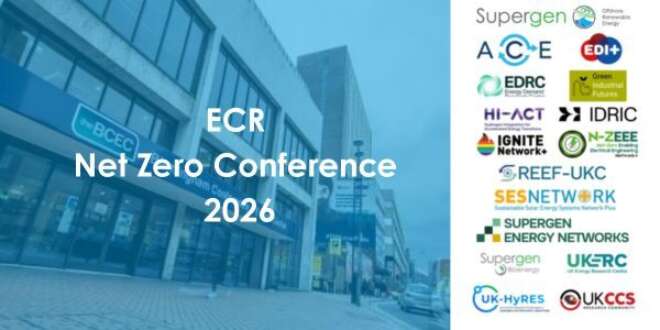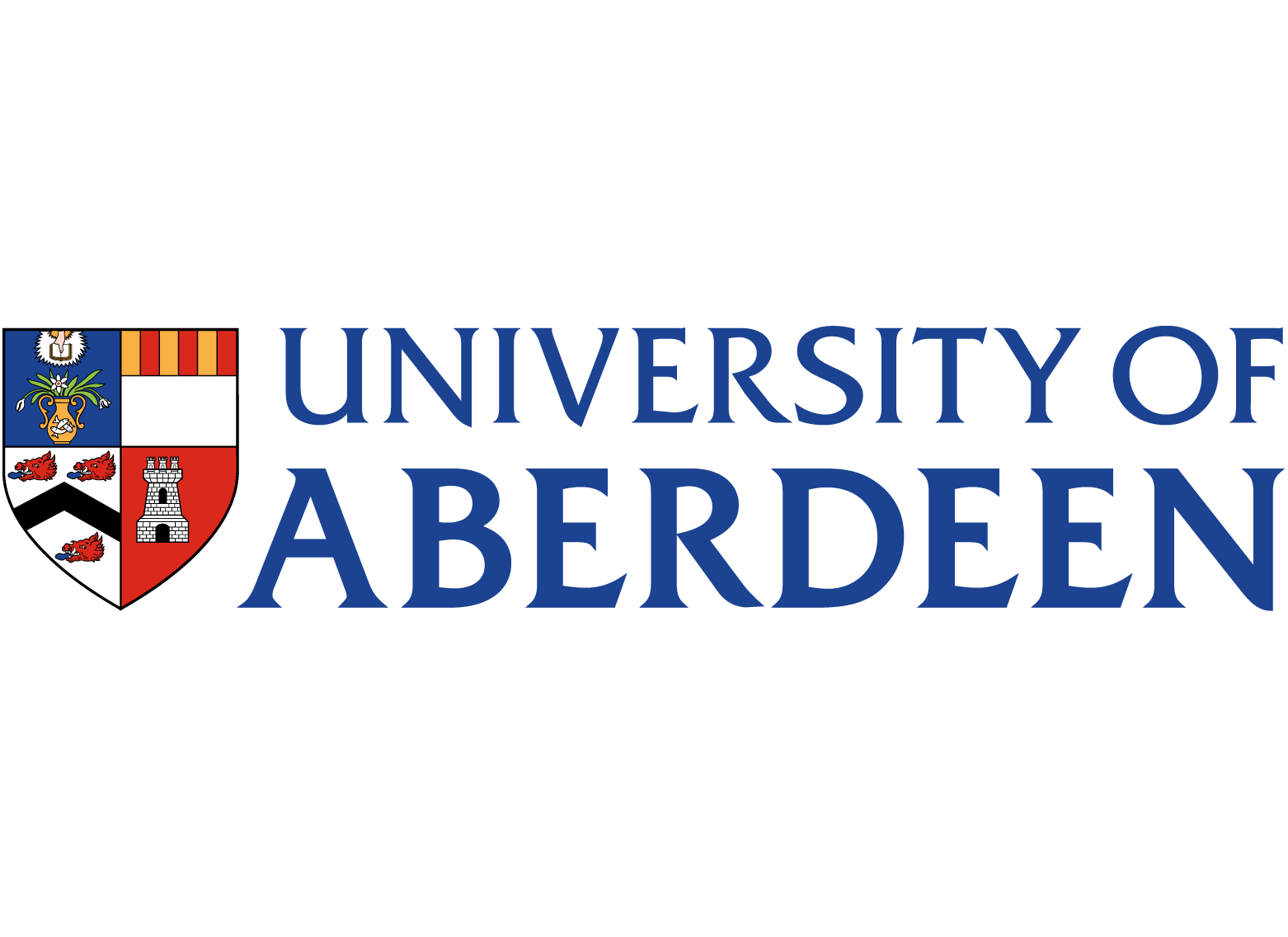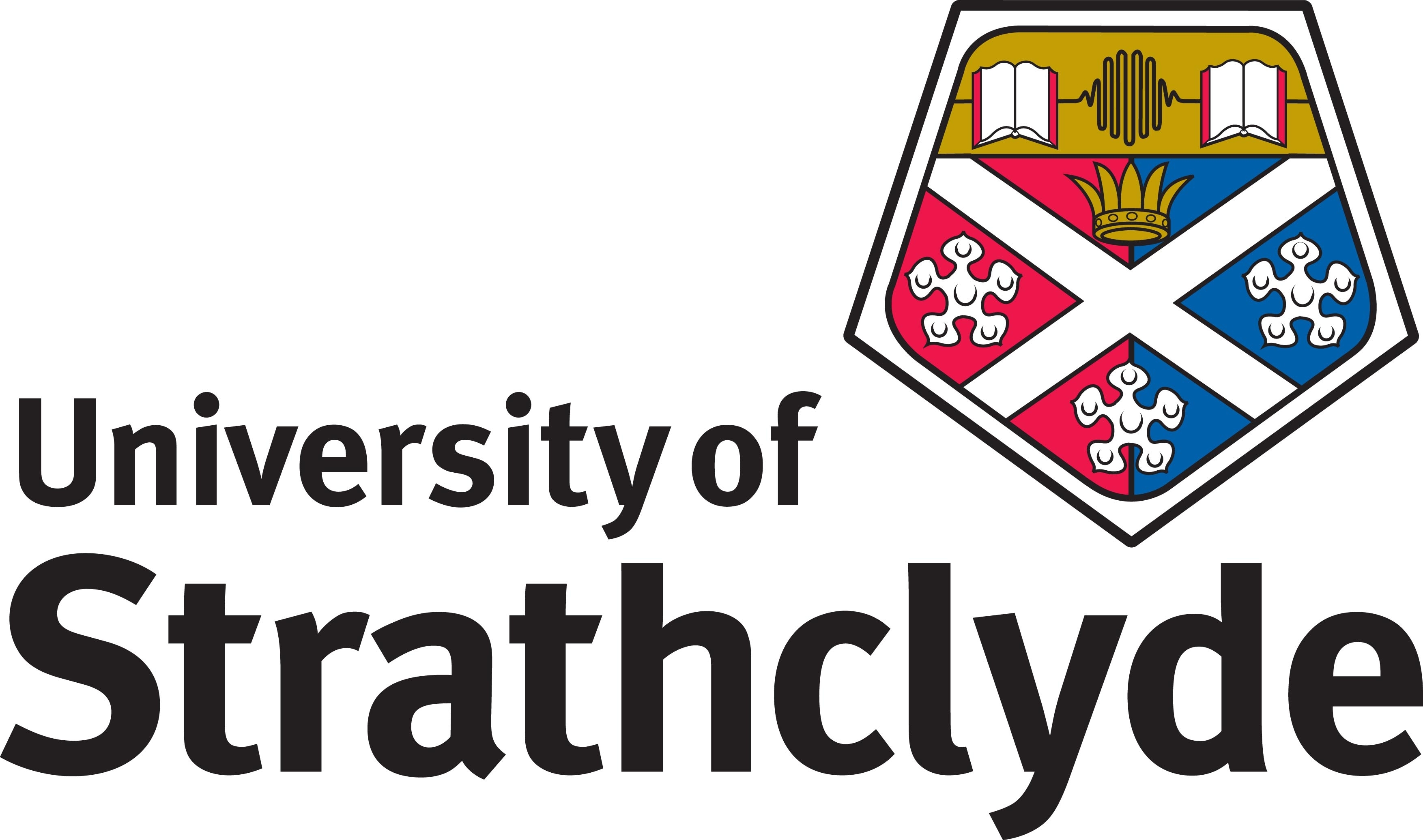Despite decades of research and development, large-scale wave energy deployment is hardly seen due to many remaining challenges. From the economic point of view, the Levelised Cost of Electricity (LCoE) of wave energy is still higher than other sustainable energy recourses, e.g. offshore wind. Technically, reliability and survivability of wave energy converters (WECs)in extreme waves conditions are not yet fully resolved. This project conducts innovative and cross-disciplinary research about wave energy, aiming to develop a revolutionary Smart Control Algorithm (SCA) to tackle the two challenges mentioned above. Based on Artificial Intelligence (AI), the SCA forecasts future wave loads and implements tailored control actions to the WEC. Mechanical control of the WEC is realized by the well-known declutching control, where the Power Take Off (PTO) system is loaded and off-loaded alternately according to the forecasted future wave loads. During operational conditions, the PTO system is controlled in such a way so that the device will resonant with the incoming wave and thus maximizing the power output. When the SCA predicts an extreme event, the WEC is locked in position to prevent potential structural damage. The developed SAC will be implemented on a controller board and tested with a pre-existing WEC model available at the Kelvin Hydrodynamics Laboratory (KHL) of the University of Strathclyde. Both the developed SCA and the controller hardware will be made available to wave energy research requires a control method within the SuperGen framework. The planned implementation of the hardware will base on the industrial-grade national instrument (NI) controller, meaning it can be applied to a full-scale WEC with little additional effort. It is anticipated such research will lead to a step reduction on the LCoE of wave energy ultimately, by enhancing the power output and at the same time increasing the survivability of a WEC.
